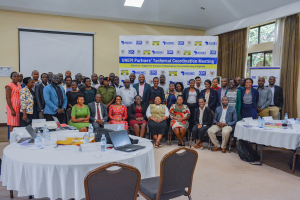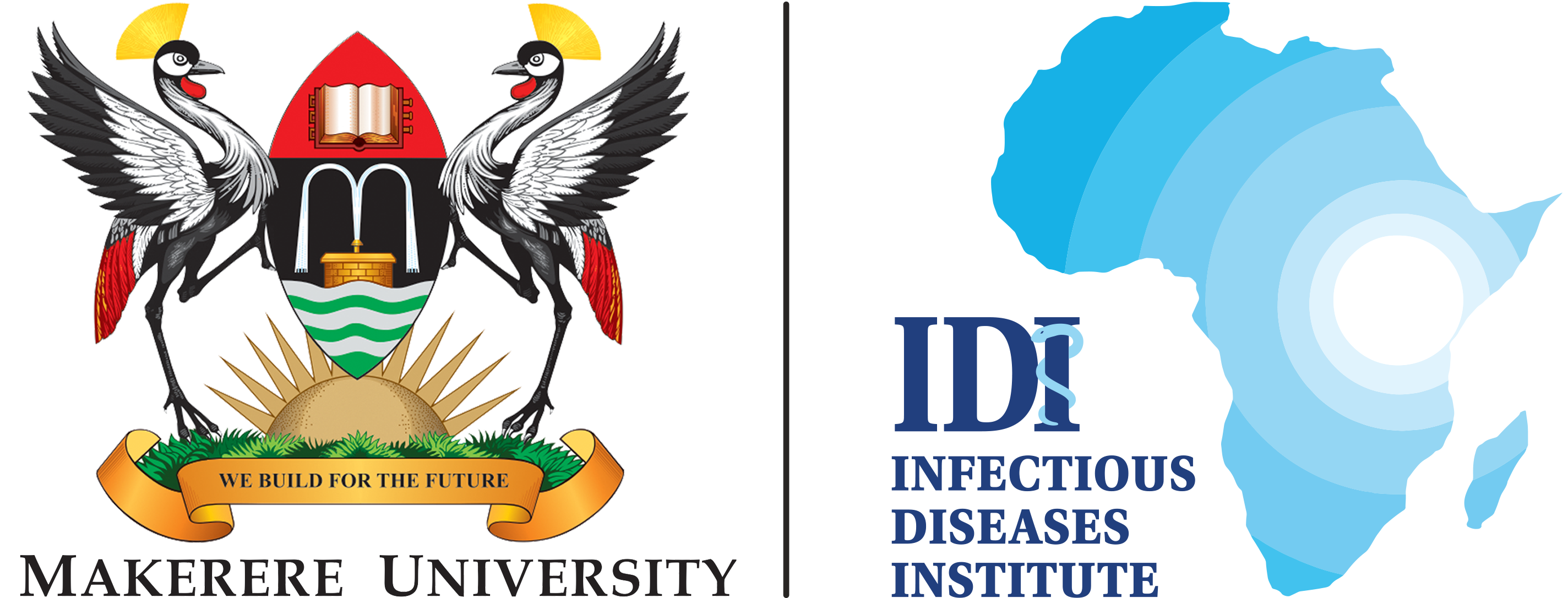- Associated Links
-
-
Our united network of partners and institutions share a vision for excellence, innovation, and impact. Together, we harness our combined strengths to create meaningful change.
-
-
-
- Careers
-
-
Our people are our greatest asset. We foster a thriving environment where everyone can flourish and make a difference. Join us in driving innovation and positive change through fulfilling career opportunities.
-
-

What We Do
With the recurring occurrence of Measles outbreaks across the globe, the WHO recommended that 2 doses of measles-rubella vaccine should be administered to children at 9 and 18 months to achieve 95% protection.
In 2022, the Uganda National Expanded Program for Immunization (UNEPI) under the Ministry of Health (MOH) incorporated the second dose of measles-rubella (MR2) into the National Immunization schedule which was later rolled out in the country.
With support from the US Centers for Disease Control and Prevention (CDC), IDI in collaboration with UNEPI-MOH, received funding to improve access to, and utilization of immunization across the life course. IDI conducted a rapid community assessment (RCA) prior to the roll-out of MR2.
Specific objectives
- To determine the knowledge, behavior and perceptions regarding MR2, facilitators, and barriers to MR2 uptake among healthcare workers and caregivers within 18 select districts based on UNEPI guidance in Uganda
- To conduct an assessment of knowledge, attitudes, and behaviors practices and any relevant facilitators and barriers related to MR2 introduction uptake among caregivers and healthcare workers in Uganda.
- To understand the immunization job aid landscape, including routine and catch-up vaccine job aids; design, test, and evaluate a prototype for MR2 and catch-up immunization job aids with healthcare workers using the Human Centred Design (HCD).
- To develop, implement and evaluate peer-to-peer approaches that improve family support for female caregivers for promoting 2YL immunization.
- To strengthen the availability of and capacity to use existing evidence to inform the National immunization program policy and practice.
Key Achievements
 In collaboration with AFFENET, we conducted a rapid community assessment in 18 select districts from which barriers and facilitators, and strategies to enhance the uptake of MR2 were identified.
In collaboration with AFFENET, we conducted a rapid community assessment in 18 select districts from which barriers and facilitators, and strategies to enhance the uptake of MR2 were identified.- Disseminated RCA findings to multiple stakeholders and partners with a keen interest in Immunization.
- Presented at a WHO-organised webinar on why gender matters from the baseline RCA findings.

